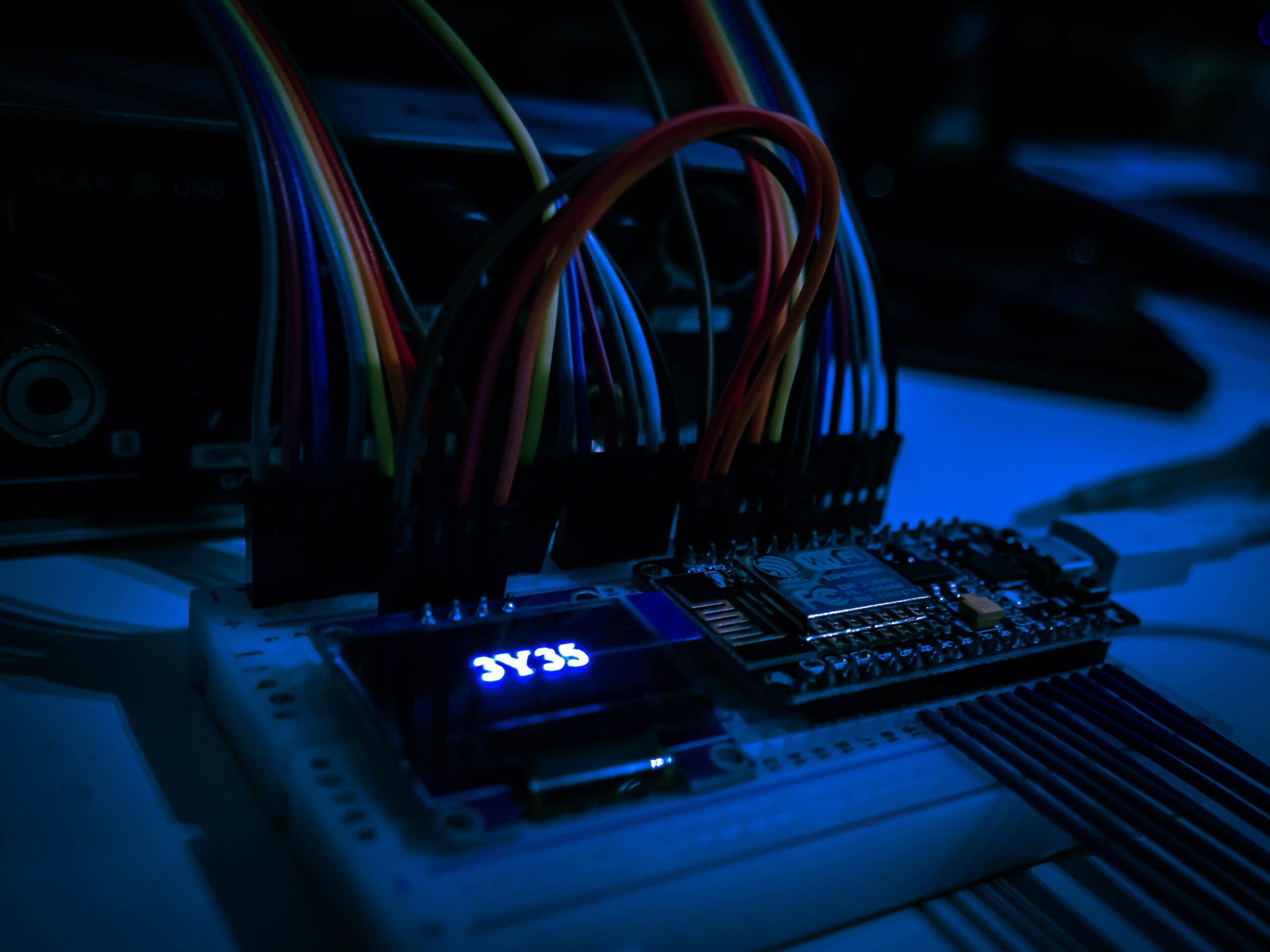IEEE, the Institute of Electrical and Electronics Engineers, has released the results of a new survey of global technology leaders from the UK, US, China, India, and Brazil.
The study, which included 350 chief technology officers, chief information officers and IT directors, covers the most important technologies in 2022, the industries most impacted by technology in the year ahead, and technology trends through the next decade.
More than one in five (21 percent) respondents said AI and machine learning, cloud computing (20 percent) and 5G (17 percent) will be the most important technologies next year. Due to the global pandemic, technology leaders surveyed said, in 2021, they accelerated adoption of cloud computing (60 percent), AI and machine learning (51 percent), and 5G (46 percent).
95 percent of respondents agreed – including 66 percent who strongly agreed –– that AI will drive the majority of innovation across nearly every industry sector in the next one to five years.
As for industry sectors most impacted by technology in 2022, technology leaders surveyed cited manufacturing (25 percent), financial services (19 percent), healthcare (16 percent) and energy (13 percent).
As the impact of COVID-19 varies globally and hybrid work continues, technology leaders nearly universally agree (97 percent agree, including 69 percent who strongly agree) their team is working more closely than ever before with human resources leaders to implement workplace technologies and apps for office check-in, space usage data and analytics, COVID and health protocols, employee productivity, engagement, and mental health.
Looking ahead, 81 percent agree that in the next five years, one quarter of what they do will be enhanced by robots, and 77 percent agree that in the same time frame, robots will be deployed across their organisation to enhance nearly every business function from sales and human resources to marketing and IT.
As a result of the shift to hybrid work and the pandemic, more than half (51 percent) of technology leaders surveyed believe the number of devices connected to their businesses that they need to track and manage –– such as smartphones, tablets, sensors, robots, vehicles, drones, etc. –– increased as much as 1.5 times, while for 42 percent of those surveyed the number of devices increased in excess of 1.5 times.
The cybersecurity concerns most likely to be in technology leaders’ top two issues are related to the mobile and hybrid workforce including employees using their own devices (39 percent) and cloud vulnerability (35 percent). Additional concerns include data centre vulnerability (27 percent), a coordinated attack on their network (26 percent) and a ransomware attack (25 percent). Notably, 59 percent of all technology leaders surveyed currently use or in the next five years plan to use drones for security, surveillance, or threat prevention as part of their business model.




